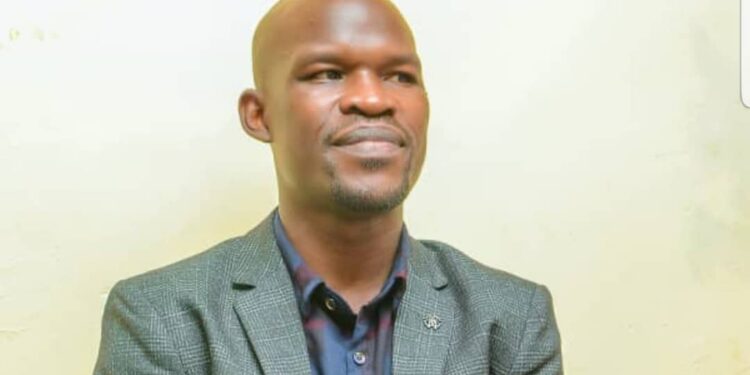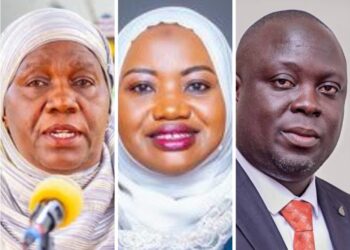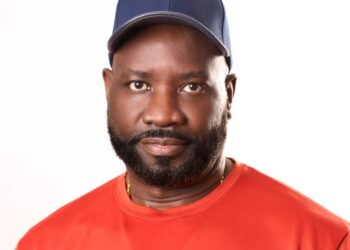In a climate increasingly characterized by tensions between civic rights and state authority, the Uganda Law Society (ULS) faces a critical decision regarding its representation on the Justice Service Commission (JSC). However, this is a good timing to call for the election of a commission member whose dedication to human rights and public service is not only evident but vital at this point, especially amid growing concerns over the militarization of the judiciary.
The Justice Service Commission, established to oversee the recruitment and disciplining of judicial officers, plays a pivotal role in upholding Uganda’s legal integrity. The importance of its representatives cannot be understated, particularly given recent reports of the civilian population being intimidated by military court practices. It should be Observed that such circumstances underline the necessity of having individuals on the JSC who are not only knowledgeable about legal frameworks but also deeply committed to human rights advocacy.
A legal professional with proven records in public interest law can act as a crucial counterbalance to any tendencies toward repression. The best candidate should have a history of engaging with communities, understanding their needs, and championing the rights of marginalized groups. A representative with such a background would bring a wealth of practical experience and a moral compass to the commission’s deliberations and decisions hence fulfilling the JSC’s mandate and functions such as Improving the efficiency and effectiveness of justice administration which is defined under Article 146 and 151 of the Constitution of the Republic of Uganda
The challenges facing Uganda’s judiciary today require the professionals to prioritize human rights in all discussions about justice. It is essential to have voices that resonate with the experiences of everyday Ugandans, especially those who have felt the brunt of military court overreach.
As discussions around the upcoming ULS’ member for JCS elections gain momentum, the emphasis on selecting a member dedicated to public interests is generating significant discourse within legal circles. The representation should reflect the values and rights enshrined in the Ugandan Constitution, which guarantees freedoms that should be protected against any form of militarized infringement.
Moreover, a member with a strong commitment to human rights advocacy could play an essential role in fostering transparency and advising General Museven to let legal professionals work independently within Uganda’s judicial system. A legal representative deeply invested in civil liberations is likely to support reforms aimed at ensuring individuals are treated fairly and justly, regardless of their legal circumstances.
As the ULS prepares for its elections, Legal professionals/stakeholders should be reminded that the commission’s makeup will influence the trajectory of Uganda’s judicial landscape in the years to come. The call for a member who champions public interest and human rights is not merely a suggestion; it is a desire for the reinforcement of a judiciary that is equitable, just, and responsive to the needs of its citizens.
In the shadows of military courts, Mistreatment of independent legal practitioners, Corruption and bribery in courts of law all rising legal intimidation, hence urgency for reform and responsible representation within the Justice Service Commission has never been more pronounced. Uganda’s legal community this is an opportunity to reinforce your commitment to human rights through judicious election practices. The outcome of this forthcoming election will undoubtedly influence the future of justice in Uganda in case you vote rightfully, underscoring the importance of informed, compassionate, and public-oriented leadership.
The author is a Social Development specialist and CEO Bridge Your Mind Centre.
Email; bwani.jose@gmail.com
Do you have a story in your community or an opinion to share with us: Email us at editorial@watchdoguganda.com













